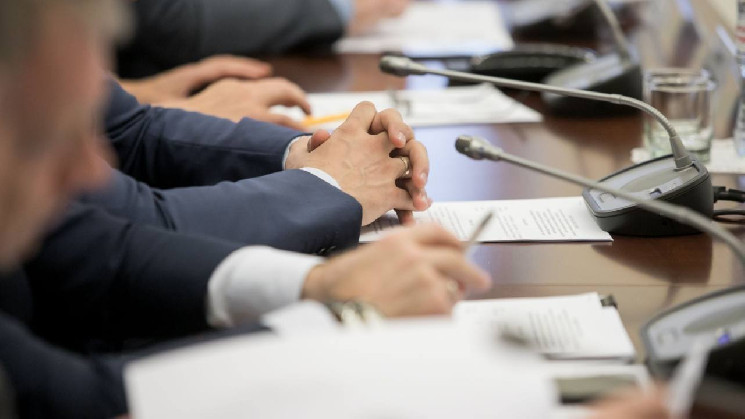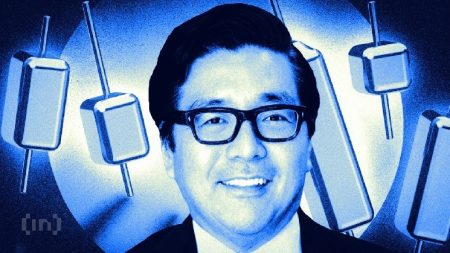The House Oversight Committee, chaired by James Comer, has initiated a comprehensive investigation into the alleged “debanking” practices targeting individuals and businesses, particularly those operating within the cryptocurrency and blockchain sectors. This inquiry stems from mounting concerns that financial institutions, potentially influenced by political bias or regulatory overreach, are systematically denying banking services to these entities. The Committee’s investigation aims to uncover the extent of this practice, its underlying causes, and its potential ramifications for innovation, entrepreneurship, and the overall economy. Comer’s request for information from prominent figures in the tech and cryptocurrency industries, including Marc Andreessen, Brian Armstrong, and Hayden Adams, underscores the seriousness of the allegations.
The investigation centers around the claim that individuals and businesses are being denied banking services not due to legitimate financial concerns, but rather due to their political affiliations or involvement in specific industries, such as cryptocurrency. This allegation gains further weight considering the public testimonials of several cryptocurrency leaders who have experienced sudden and unexplained account closures. These accounts include Hayden Adams, CEO of Uniswap Labs, who reported that his accounts were closed without any prior notice or explanation, and Brian Armstrong, CEO of Coinbase, who has accused former SEC Chair Gary Gensler of attempting to stifle the crypto industry. Paul Grewal, Coinbase’s Chief Legal Officer, further bolstered these claims by accusing financial regulators of employing various tactics to undermine the digital asset space.
The Committee is not solely focused on the actions of financial institutions. It’s also critically examining the potential role of regulatory pressure, both implicit and explicit, in driving these debanking practices. The investigation draws parallels with past incidents, such as Operation Chokepoint during the Obama administration, which raised concerns about the potential misuse of regulatory authority to target specific industries. This historical context adds an important layer to the current investigation, prompting questions about whether similar dynamics are at play in the current situation surrounding cryptocurrency businesses.
Further fueling the Committee’s inquiry are accounts of debanking extending beyond the cryptocurrency sphere. Former First Lady Melania Trump’s revelation in her memoir that her family was also subjected to debanking for alleged political reasons underscores the potential breadth of this issue. This broadened scope reinforces the concern that debanking may not be limited to a single industry, but could be a wider practice affecting individuals and businesses across different sectors based on political considerations. The inclusion of such high-profile cases in the investigation’s scope highlights the potential systemic nature of the problem.
The House Oversight Committee’s investigation is seeking to determine the potential harm these debanking practices pose to innovation, entrepreneurship, and the broader economy. Kristin Smith of the Blockchain Association has criticized such actions, arguing that they unjustly restrict companies’ access to essential financial services, hindering their ability to operate and contribute to economic growth. The investigation aims to ascertain whether these practices represent a systematic effort to stifle specific industries or viewpoints, and to what extent they undermine the principles of fair competition and open access to financial markets.
Ultimately, the Committee seeks to understand the full scope and implications of these alleged debanking practices. By gathering information from key industry players, examining historical precedents, and considering the broader economic impact, the investigation aims to determine whether these actions are isolated incidents or part of a larger pattern of politically motivated or regulatory-driven discrimination. The findings of this investigation could significantly impact the future regulatory landscape for cryptocurrency and other emerging industries, as well as reshape the relationship between financial institutions, businesses, and the government. The investigation will delve into the potential chilling effect on innovation and the long-term consequences for the U.S. economy. By examining the interplay between political viewpoints, regulatory actions, and banking practices, the Committee seeks to ensure fairness and transparency in the financial system.















